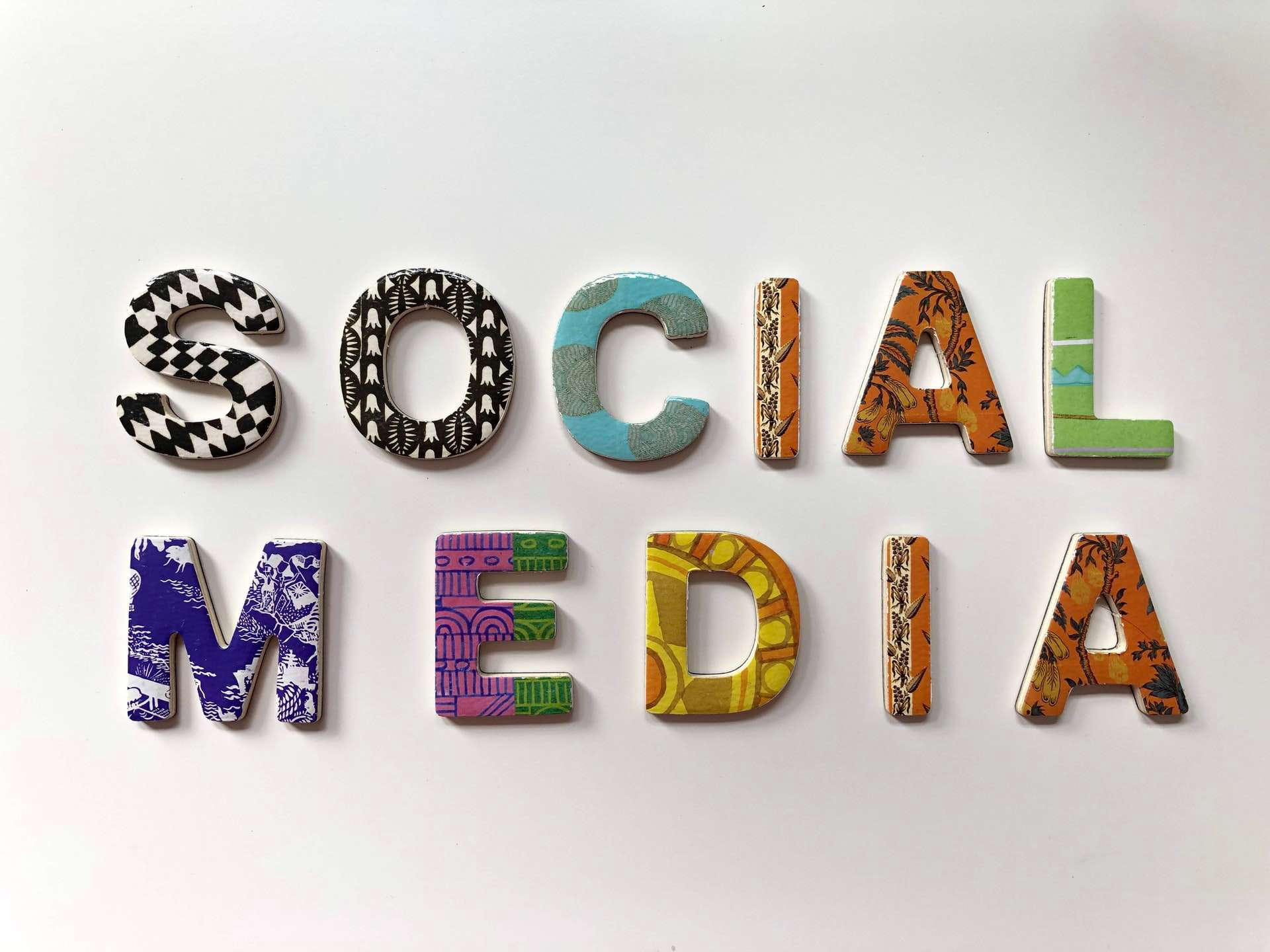
Numerous social media platforms have replaced our real-life interactions, and many people were falling prey to the magnetic pull of social media in 2020. Facebook, Instagram, Twitter, Snapchat and many other social media platforms benefited many people as the coping mechanisms from the miserable isolation period of the COVID-19 pandemic. The social media addiction, especially in the youth, turned into a coping mechanism to fight with the loneliness, frustration, anxiety and whatnot. Social media is probably one of the most addictive elements of today's era. However, at the same time, staying active on social media have saved several people from their miserable and demotivated days in the COVID-19 pandemic.
For many people, one of the most toxic things that happened this year was relentless new updates, but social media released people to enjoy sarcastic memes on them. Various social media addicts cut themselves off from the world. And in this lethal pandemic, sitting at home with phones was a better option than wandering outside. Addiction to social media is not at all a good thing, but somehow it has supported people this time. Social media is mainly becoming a useful place where people post about their moods or behaviours. It can be used to go through billions of words to recognize trends in a population's wellbeing. The University of South Carolina has processed 700 million social media posts since the beginning of March 2020 and more than 7,00,000 news articles about the COVID-19 pandemic. These data resources are utilized to understand human experience during this time. Their automated text inspection utilizes a data graph that maintains track of the meaning of words to recognize distinct meanings related to a specific word. The team of researchers at the University of South California have created a data-based graph established on terms in the American Psychiatric Association's Diagnostic and Statistical Manual of Mental Disorders. The research team's analysis showed that addiction, anxiety, depression, and substance abuse declined particularly from the first week of March 2020.
Presently, the context of overusing social media carries far more significance than ever before. And it gets important to differentiate between addictive social media behaviour of a person and someone who is just exceedingly involved in it. Similarly, a 2019 research paper on the Psychology & Dynamics Behind Social Media Use found that overuse of social media can be a dysfunctional way to cope with a terrible situation, but healthily utilizing social media can assist a person feel less stressed and contribute to extra positive mental stability.
In the COVID-19 pandemic, the social media became an accessible therapy for many, particularly for those who are ignorant towards their mental health and also for those who can't afford the expensive fees attached to professional therapies. Social media acted as an option to stay unrestricted by letting people communicate their situations and find their communities in a digital place. This year, it is safe to assume that social media has emerged as an extensively adopted coping mechanism which has supported people to feel relaxed and operate unexpected panic. However, social media is not always the best way to deal with panic. Spending a lot of time only on social media is not healthy because social media is the nicest version of a person's life rather than a realistic one. The increased use of social media has helped people to divert their minds on better things. And unlike drugs or alcohol addictions, social media doesn't require complete withdrawal from it, and it can be easily managed by anyone. There is a definite need to cut down on usage time, and the best way to do it is to channel it productively or healthily. For numerous people, social media was not just a place where everyone lived their best lives in this pandemic. It was moreover an indication that the external world survived, and perhaps things were not at their worst all the time.
_________________________
Reference:
- www.tandfonline.com
- www.researchgate.net
- www.annenberg.usc.edu
- www.ideas.repec.org
